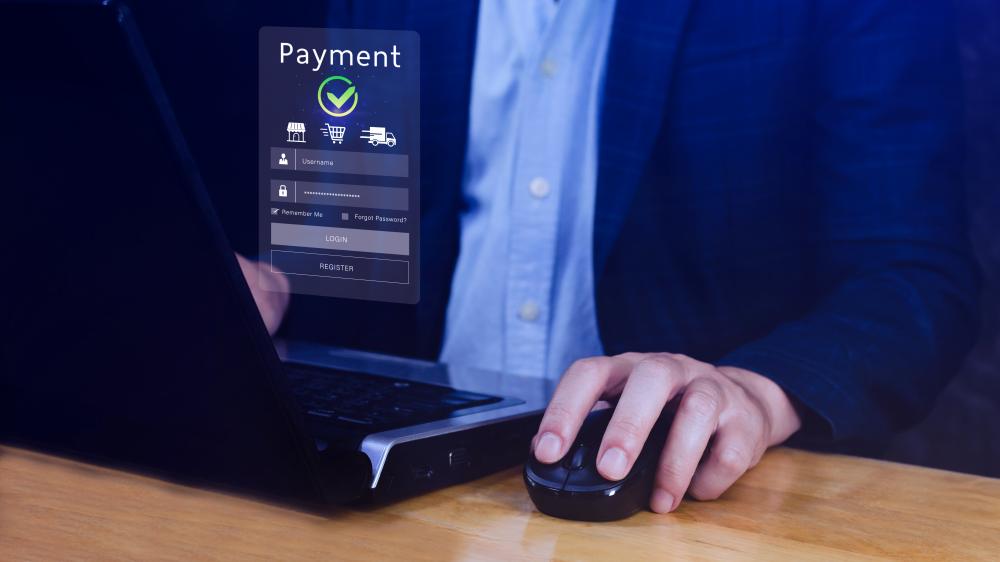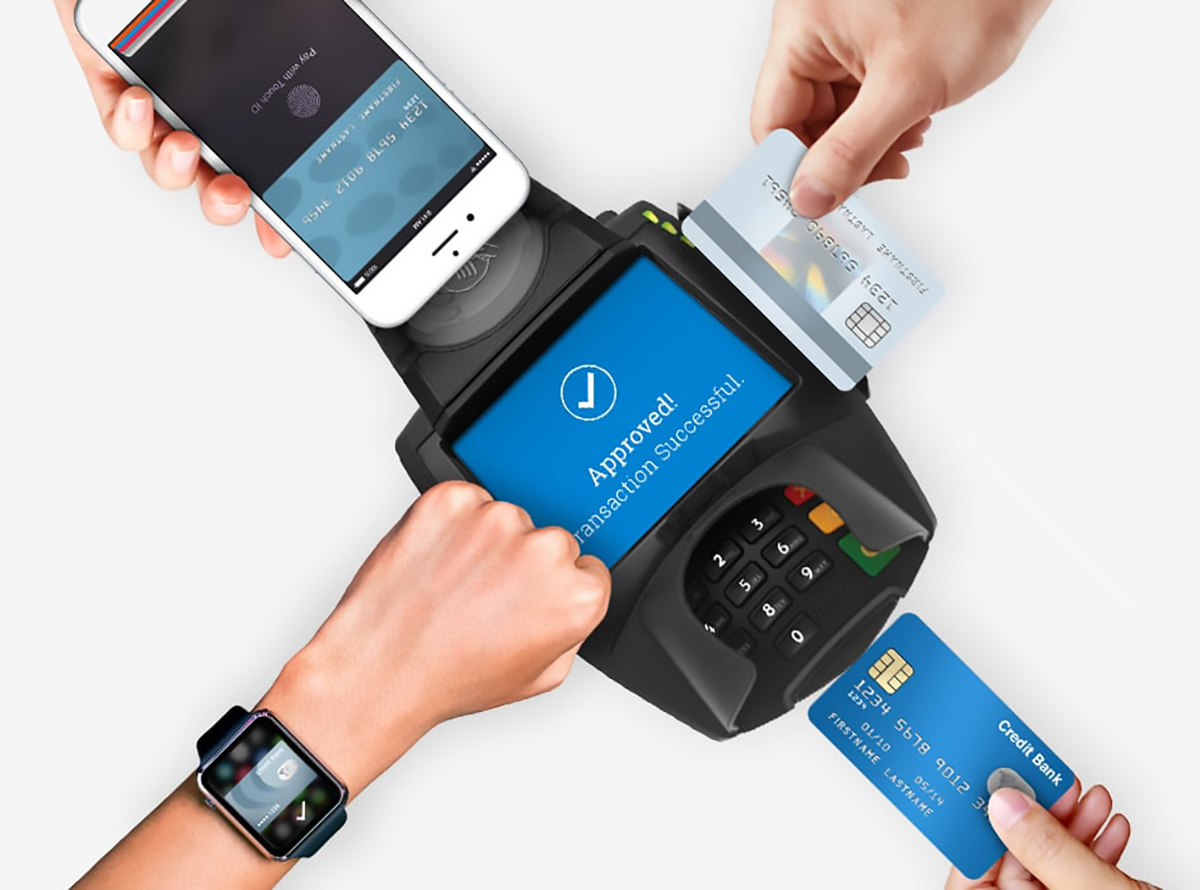Our cloud-based platform is so seamlessly integrated you would think it was part of your accounting software.





Understanding QuickBooks Payments Fees
QuickBooks Payments offers a versatile solution for businesses to seamlessly process transactions. As a professional with over two decades in the payment processing industry, I've seen countless businesses benefit from its integration with QuickBooks. Let's dive into the QuickBooks payments fees structure and how it can impact your cash flow. The fees associated with QuickBooks Payments can vary from 1% to 3.5% per transaction, depending on the type of transaction and method of payment acceptance.
For example, credit card payments processed online typically incur a 2.99% fee. In-person payments using a card reader can see a reduced fee of 2.5%. Meanwhile, ACH transfers offer a more cost-effective alternative at 1%. These fees are crucial for businesses to consider when integrating with QuickBooks to ensure cost efficiency and smooth operations.
How to Lower Your QuickBooks Fees
One of the primary concerns for businesses using QuickBooks Payments is the fee structure. Lowering QuickBooks payments fees is possible with these strategies:
- Interchange Optimization: By providing detailed transaction data, businesses can qualify for lower interchange rates. This strategy can significantly reduce overall processing costs.
- Cash Discount Programs: Encourage customers to pay with cash or debit, reducing credit card processing fees.
- Merchant Account Evaluation: Regularly review and negotiate the terms of your merchant account to ensure competitive rates.
These approaches can lead to substantial savings and improve your bottom line over time, making the most of your QuickBooks infrastructure.
Benefits of Using QuickBooks Payments
QuickBooks Payments isn't just about accepting payments; it's about enhancing your entire financial process. Here are some key benefits:
- Seamless Integration: QuickBooks Payments integrates directly with QuickBooks Online and Desktop, streamlining the bookkeeping process.
- Automated Invoicing: With QuickBooks, you can automate your invoicing, saving time and reducing errors.
- Real-Time Payment Reconciliation: Payments are automatically reconciled, providing up-to-date transaction records.
- Customizable Branding: Create personalized invoices with your branding, enhancing customer trust and recognition.
These advantages can help businesses streamline operations and improve financial accuracy, making QuickBooks Payments a vital tool for growth.
What Are Common Questions About QuickBooks Payments Fees?
QuickBooks payments fees often raise several questions among business owners. Let's address a few:
How are QuickBooks Payments fees calculated? Transaction fees depend on the payment method and transaction type, ranging from 1% for ACH to 3.5% for keyed-in credit card payments.
Are there any hidden fees? While QuickBooks provides transparent processing rates, businesses should review their agreements for any additional charges that may apply, such as instant deposit or payment dispute protection fees.
Can businesses avoid these fees entirely? While it's challenging to eliminate fees altogether, using strategic fee-reduction methods like cash discount programs can significantly reduce costs.
Making the Most of QuickBooks Payments
Leveraging QuickBooks Payments efficiently is critical for maximizing value and minimizing costs. My experience shows that the key lies in seamless integration and strategic fee management.
Firstly, ensure your QuickBooks Payments setup is optimized for your business model. Use tools like automatic invoicing and real-time reconciliation to stay on top of your finances. Secondly, negotiate with your payment processor for the best possible rates, taking advantage of interchange optimization and cash discount programs.
Finally, consider integrating Biller Genie for further automation of collections and reminders, enhancing your QuickBooks environment to handle payments more effectively. These steps not only lower QuickBooks payments fees but also streamline your overall payment processes, leading to a smoother operation and improved financial health.
Transforming your QuickBooks Payments setup requires an informed strategy and proactive management, ensuring that you achieve both cost-effectiveness and operational efficiency.

Optimizing with QuickBooks Payment Integration
Having spent over two decades in the payment processing industry, I've seen firsthand how essential it is for businesses to optimize their QuickBooks payment integration. This integration not only streamlines transactions but also significantly reduces errors. By aligning your QuickBooks software with a reliable payment gateway, you can simplify reconciliation, expedite invoicing, and automate payment matching. The beauty of QuickBooks payment integration is its adaptability with platforms like QuickBooks Online and Desktop, ensuring no disruption to your existing systems.
Why Lowering Fees Matters
For many businesses, high processing fees eat into profit margins. Through QuickBooks payment integration, users can leverage negotiation tactics to lower fees, such as interchange optimization and cash discount options. This isn't just about saving money; it's about enhancing the customer experience by offering competitive pricing without hidden fees. With QuickBooks payment integration, fees are transparent, and any reduction directly impacts your business's bottom line.
How Does QuickBooks Payment Integration Work?
QuickBooks payment integration is designed to be seamless. Here's a step-by-step overview:
- Select a compatible payment gateway that aligns with your business needs.
- Integrate the gateway with QuickBooks Online or Desktop using API connections.
- Configure automated invoicing and payment reconciliation settings.
- Enable customer payment portals for easy transaction management.
- Monitor and adjust fee structures based on real-time transaction data.
By meticulously following these steps, businesses can maximize the benefits of QuickBooks payment integration, ultimately leading to smoother operations and increased profits.
Common Questions About QuickBooks Payment Integration
Many business owners ask, "How can QuickBooks payment integration enhance our operations?" The answer is straightforward: integration results in efficient payment processing, accurate financial tracking, and improved cash flow management. This integration allows for real-time financial updates, ensuring your books are always current. Additionally, it reduces manual entry, minimizing human error and freeing up your team's valuable time.
Benefits of Using QuickBooks Payment Integration
Having used and recommended QuickBooks payment integration for years, I can say its benefits are transformative. Here are key advantages:
- Time Efficiency: Automate invoicing and reconciliation processes.
- Accuracy: Enhanced precision in financial transactions.
- Scalability: Grow your payment infrastructure as your business expands.
- Customer Management: Improved client payment experience with automated reminders and payment options.
Businesses that adopt QuickBooks payment integration often report a noticeable decrease in payment delays and an increase in customer satisfaction.
Selecting the Right Tools for QuickBooks Payment Integration
Choosing the appropriate tools for QuickBooks payment integration is key to maximizing its potential. Look for tools that offer comprehensive support across various payment types, including credit cards and ACH. It's crucial to ensure that the integration supports real-time synchronization to keep your QuickBooks data up-to-date. Seek solutions with robust security features, such as PCI compliance, to protect your business and customers from fraud.
Remember, the right choice of tools can make all the difference in ensuring a successful QuickBooks payment integration. By implementing the right technology, you can create a seamless payment experience that boosts efficiency and customer satisfaction.
Unlocking the Full Potential of QuickBooks Intuit Payments
How to Reduce Costs with QuickBooks Intuit Payments
Why Businesses Are Choosing QuickBooks Intuit Payments?
What Are the Benefits of QuickBooks Intuit Payments Integration?
Is QuickBooks Intuit Payments Right for Your Business?

What factors influence the variation in QuickBooks payments fees?
When it comes to QuickBooks payments fees, there are several factors that can influence the rate you might pay. Primarily, these fees vary based on the type of transaction and the payment method used. For instance, online credit card transactions might carry a different fee than in-person card reader transactions. Additionally, ACH transfers usually come with lower fees compared to credit card processing. Understanding these differences can help you choose the most cost-effective methods for your business. Consider evaluating the volume and type of transactions your business processes regularly to determine which payment options yield the most savings. Have you analyzed your transaction data lately to see where you might optimize costs?
How can my business lower its QuickBooks payments fees effectively?
Lowering QuickBooks payments fees can be addressed through a few strategic approaches. Interchange optimization is one tactic, which involves providing detailed transaction data that might qualify your business for lower processing rates. Offering cash discount programs to customers can also encourage them to pay with methods that incur lower fees, like debit or cash. Moreover, regularly reviewing and negotiating your merchant account terms ensures you are not overpaying. At The POS Brokers, we specialize in helping businesses identify the best strategies tailored to their needs. Have you explored these options with your provider, or do you need guidance to navigate this process?
What are the key benefits of integrating QuickBooks Payments into my business operations?
Integrating QuickBooks Payments into your operations offers several advantages that go beyond mere transaction processing. The seamless integration with QuickBooks Online and Desktop enhances bookkeeping efficiency with features like automated invoicing and real-time reconciliation. Imagine sending an invoice, and the system automatically tracking and matching the payment--this can significantly reduce errors and save time. Additionally, QuickBooks Payments strengthens your brand by allowing customizable invoices with your logo. These features contribute to a more efficient financial workflow, ultimately improving cash flow. Have you experienced any challenges with your current payment processes that these benefits might address?
Are there common misconceptions about QuickBooks payments fees that I should be aware of?
One common misconception about QuickBooks payments fees is the notion of "hidden fees". While QuickBooks is transparent about its processing rates, it's crucial to review your agreement for any additional charges like instant deposit fees or payment dispute fees. Another misunderstanding is the belief that all fees can be entirely avoided. While you can't eliminate fees, you can reduce them with strategic methods like cash discounting and interchange optimization. Understanding these aspects is essential for making informed decisions about your payment processing solutions. What aspects of your payment process do you find most confusing or uncertain?
How can optimizing QuickBooks payment integration benefit my business?
Optimizing QuickBooks payment integration can streamline your financial operations significantly. By aligning your QuickBooks setup with a reliable payment gateway, you can automate invoicing and expedite payment matching. This not only reduces manual work but also minimizes errors and ensures your transaction records are always up-to-date. For instance, a business that previously spent hours on reconciliation can now focus on growth initiatives thanks to automation. The key lies in selecting compatible tools and configuring them to suit your business model. Is your current payment system integrated efficiently, or are there areas where you could benefit from improved coordination?
Why might a business choose QuickBooks Intuit Payments over other payment solutions?
Many businesses opt for QuickBooks Intuit Payments because of its seamless integration with existing QuickBooks platforms, making the transition smooth and hassle-free. It also offers flexibility in accepting various payment types, from credit cards to ACH transfers, and ensures security with PCI compliance. Imagine being able to consolidate all your payment processes within one ecosystem, simplifying management and reducing potential technical issues. Furthermore, the support and features tailored for businesses of all sizes, such as automated reminders and payment portals, provide added value and convenience. What specific payment challenges are you facing that a platform like QuickBooks Intuit Payments could resolve?
What strategies are effective in reducing costs with QuickBooks Intuit Payments?
To reduce costs with QuickBooks Intuit Payments, begin by evaluating your current setup to identify any hidden fees or inefficient processes. Selecting the right merchant account that offers custom solutions, such as cash discounting, can also be beneficial. Automation plays a crucial role in cost reduction--leveraging integrations like Biller Genie can streamline invoicing and reduce manual errors. Regularly monitoring and adjusting your fee structures ensures you are always optimized for the best possible rates. Have you conducted a recent review of your payments infrastructure to identify areas of potential savings?
Resources
- QuickBooks Intuit Payments - Explore the official website of QuickBooks Intuit Payments for seamless integration with QuickBooks Online, Desktop, and POS.
- PCI Security Standards Council - Learn more about PCI compliance and how it can protect your business and customers from fraud.
- U.S. Small Business Administration - Access resources and support for small businesses, including financial management tips.
- Investopedia - Gain insights into financial strategies, including optimizing payment processing fees.
- U.S. General Services Administration - Discover tools and guidance on selecting the right payment processing tools for government entities.
Contactless Payments!
Ensure your safety with the convenience of contactless payments. Our wide range of devices offers seamless contactless payment options, along with mobile contactless alternatives for hassle-free curbside pickups and deliveries. Contact us today for further details and stay secure.
Chip Card
Swipe Card
Apple Watch
E-Check
NFC Phone
 Quick Tip
Quick Tip
38% of new business owners make the wrong choice when selecting a POS for their startup.
Let Us Help You Choose the Right POS System and Save You the Hassle!

Contactless Payments!
Stay safe with contactless payments. All of our devices have contactless payment options and mobile contactless options for curbside pickups and deliveries. Call now for more information.
Chip Card
Swipe Card
Apple Watch
E-Check
NFC Phone
Ready to talk to an advisor?
Complete the form or call us now to talk to a live representative.
“The POS Brokers are amazing. They answered all our questions and explained everything clearly.”
Retail Owner






Reviews
There are no reviews yet.